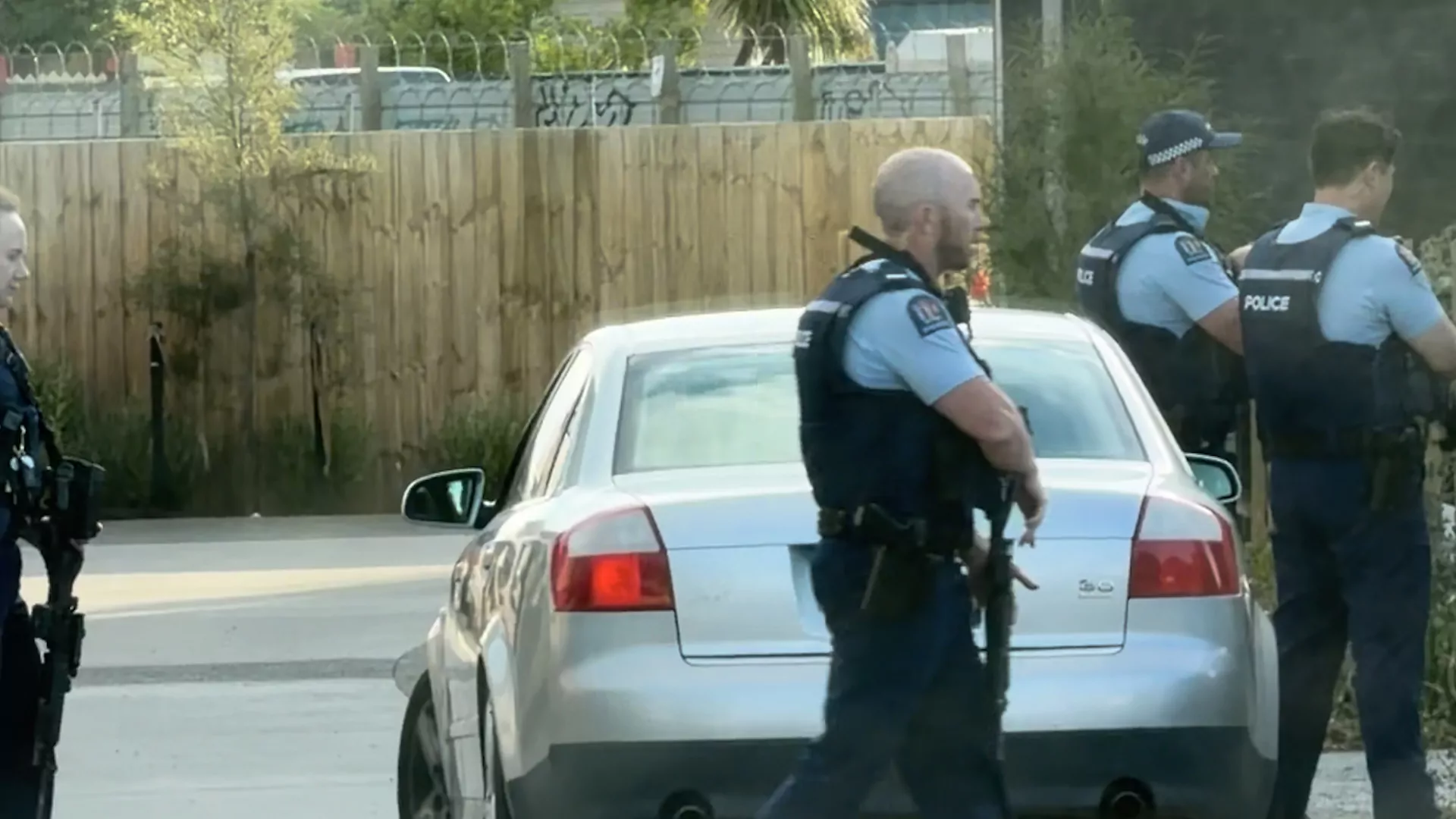Escaped youth tracked by Eagle helicopter, found hiding in New Brighton
The young person who escaped from a youth justice facility in Rolleston has been located...
Residents in flood-affected Christchurch suburbs say they’re frustrated at the council’s cycleways’ “obsession” over broken infrastructure.
Last week, Christchurch experienced significant rain, flooding several areas. Two days later, the council voted in favour of 20 million dollar cycleways along Harewood Road.
Some councillors said there was never a better time to construct cycleways if the city was serious about reducing emissions.
But residents in Shirley, Hoon Hay Heathcote and Edgeware expressed anger at the council for “not getting their priorities right.”
Their concerns were backed up in the latest Council Christchurch Residents’ Satisfaction Survey where the council’s approval rating sank to its lowest level ever.
Residents said Christchurch City Council failed to get the basics right like roading, and water.
On Friday Council Head of Three Waters Manager Helen Beaumont said the infrastructure, including the Dudley diversion, Cranford basin, and the local drainage network – did the job well during last week’s floods and there was no floor level flooding of homes due to failure of the council’s networks.
Beaumont said “similarly in the Heathcote catchment the storage basins in the upper part of the catchment performed magnificently and reduced the peak water levels in the middle and lower reaches of the river.
“While the high flows spilled out of the usual low flow channel and across the adjacent roads and some adjoining properties, we are not aware of any above-floor flooding in houses in the catchment.”
Emmett Street in Shirley was affected by flooding, but the council said that was due to one part of the drainage network becoming blocked which exacerbated the flooding in the road corridor and slowed down the exit of the water.
“This was cleared early on Thursday morning”
Beaumont said “key projects to reduce flooding were underway and proposed, including further work on upper Heathcote storage, stopbanks and stormwater infrastructure within the Avon River Corridor, and ongoing renewals of pipes and open drains across the city.”
But that will be cold comfort for residents who still believe the council has got its priorities wrong.
To understand the council’s focus, last week’s meeting on cycleways provided some insight.
In voting for cycleways, Councillor Sara Templeton said, “if your bathtub is overflowing, the first thing you should do is turn off the tap, and not start planning for a bigger drain.”
Councillor Pauline Cotter had a different take on last week’s flooding issues telling Chris Lynch “Christchurch was built on a swamp and therefore the continual drainage of water was challenging and had worsened by the earthquakes which caused some land to drop, and therefore lose the ability for gravity to take the water into the stormwater system.
“The top priority for Council is to mitigate flood waters from entering peoples’ homes, ‘ above floor flooding.”
Cotter said “this has been a major focus of research, design and expenditure has been post-quake. Where homes could not be protected as in Flockton and some in Heathcote, the Council purchased these and demolished the houses.
Although inconvenient in a rain event the roads are actually ok to flood as they carry the water to the gutters and waterways, as I said it’s people’s homes that are the priority.”
Urban Development and Transport Committee Chair and councillor Mike Davidson said the recent rain events gave the city a glimpse of how climate change will affect us.
“Christchurch is a low-lying coastal city and these types of events are going to become more frequent and more intense.
Davidson said “it’s important as a city that we continue to both mitigate and adapt to climate change and with transport contributing over 53% of the city’s emissions, investing in sustainable transport projects has never been more important.
At the Long Term Plan, Council invested more into roads, footpaths and water infrastructure, including increasing road resurfacing from 2 -3% of the network annually to around 6%.
However, stopping transport projects will not increase land drainage projects as they use different staff and contractors, and only so many land drainage projects can actually be delivered at any given time.
As a city, Council has invested hundreds of millions of dollars in communities to improve land drainage following the earthquakes, with a focus on homes that had flooding above floor level.
However, the reality is when our creeks and rivers are high there is often nowhere for water to drain to during intense rain events, no matter how large the pipes are and that is why roads are also designed to act as secondary flow paths in flood events.”
A lone voice on the council’s political left is Yani Johanson.
At last week’s council meeting he voted against the cycleway saying “fundamentally as a council, we need to recognise that we have some of the highest levels of dissatisfaction from our residents.
In 2019, that was at 45%. The most recent survey in 2022 is 31%. In the second measure, we have a target of 55% as a percentage of residents who feel the public has some or large influence on decisions that the Council makes. That dropped from 34% in 2019 to 25% in 2022.
I think this decision-making today is a classic example of where people have overwhelmingly expressed a view to us, but the recommendations are to continue with a design that people generally do not support.”


